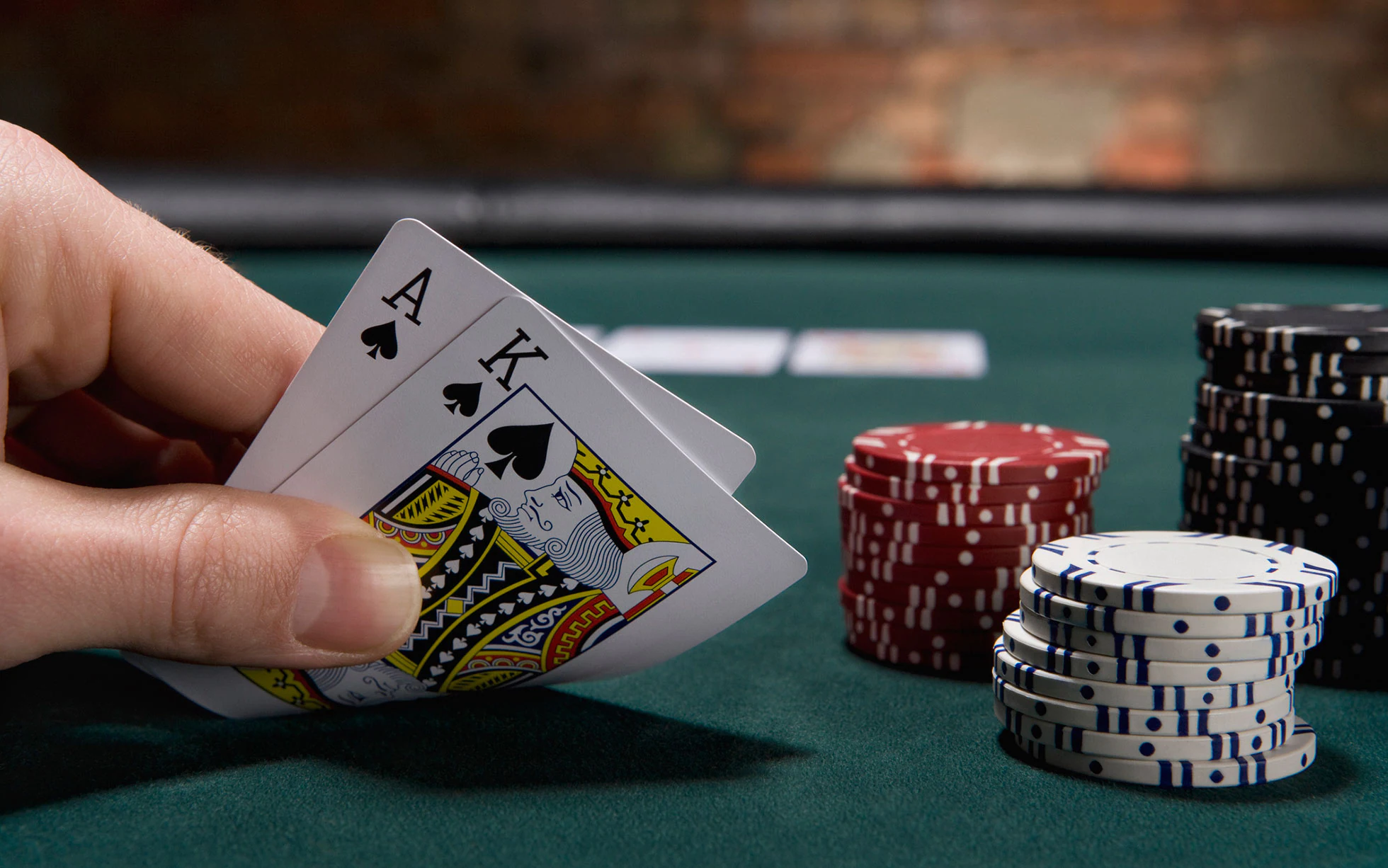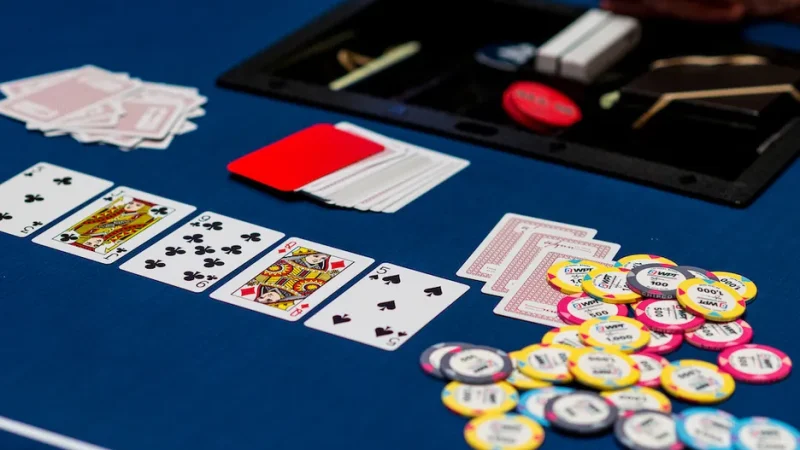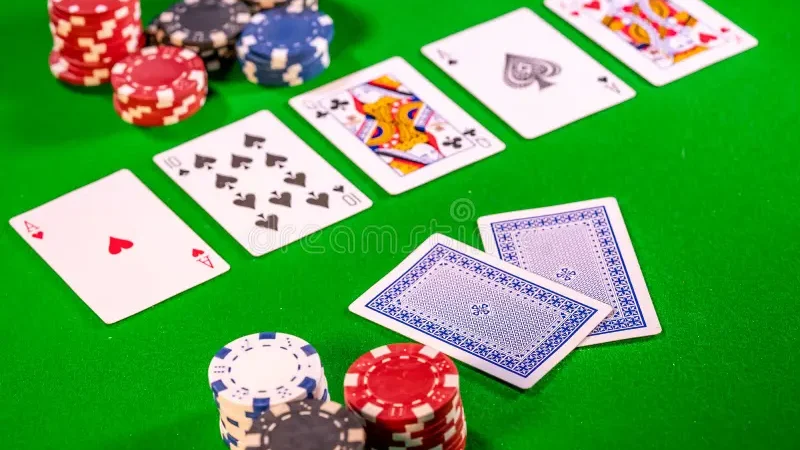Poker – A Game of Skill and Discipline
Poker is a card game where players bet against each other based on the value of their cards. It is played in private homes, casinos and on the Internet.
In most poker games, a bet called the ante or blind is placed before each hand is dealt. After this, each player is dealt a hand and can bet accordingly.
Game of chance
While a player’s skill is an important factor in the outcome of poker, it is not the only one. For example, a player’s ability to predict the behavior of his or her opponents also plays a significant role in the game.
For example, a skilled poker player can use his or her skills to deceive an opponent into thinking that he or she has a better hand than he or she actually does. This strategy is known as bluffing and can give the skilled player an advantage over an unskilled opponent.
The same is true of chess, another game in which luck plays a substantial role. However, it is also possible for a skilled player to overcome a certain level of chance, if the opponent plays poorly.
Game of skill
Poker is one of the few casino games that pits players against each other rather than against the house. This is a significant factor in its skill element.
However, this skill element is only a small part of the game. Luck plays a huge role too, especially when it comes to tournament play.
In fact, if you were to ask most people who played poker whether it was a game of skill or luck they would almost certainly say that it was luck. But this is a mistake.
Game of psychology
Poker is an extremely mental game, and the best players in the world are known for their ability to stay calm and stoic even after a brutal beat. This psychological resistance is what sets them apart from the rest of us.
Many factors can impact your poker psychology, from the cards you hold to your state of mind. Learning how to read and react to these emotions can help you play better.
For instance, fear is a common emotion that can affect your game. Keeping your emotions in check can help you avoid making impulsive decisions and losing money.
Another psychological issue that can affect your game is tilt, or a tendency to lose focus. Understanding the symptoms of tilt and how to prevent it can make a big difference in your game.
A great place to start is our article on how to improve your concentration. It explains how you can focus better and how to avoid distractions during a game of poker.
Game of discipline
Poker is a game of skill and requires discipline in many different areas. This includes bankroll management, game selection and in-the-moment decisions.
The best way to increase your self-discipline is to create positive habits. You can do this by clearly defining your goals, monitoring your behavior and holding yourself accountable.
To increase the odds of your poker success, you need to develop a plan that fits into your lifestyle. This includes a realistic budget, an effective game strategy and a positive mental state.
Discipline is a must for any poker player and it can be a real challenge for some. Fortunately, it is something that can be improved through knowledge and training.








